Rights Activist Payel Highlights Poor Conditions in Hebbal Government School
Payel Sengupta Donates Essentials, Questions State’s Commitment to Primary Education
Bengaluru: Rights activist Payel Sengupta on Sunday visited the Government Lower Primary School (GLPS) at Kunthigrama, Hebbal, where she distributed school bags, uniforms, stationery, and water bottles to around 40 children. While the gesture brought smiles to the students, Sengupta said the visit also exposed the dismal state of government-run schools in slum areas of the city.
“One Room for Five Classes”
Calling attention to the infrastructure crisis, Sengupta questioned the state government’s priorities.
“In a single room, Classes 1 to 5 are being conducted together. Why is our education minister unable to provide even one more room for schools where the poorest of the poor crave to study?” she asked.
The school is located in Gosai Slum, Hebbal, an area marked by poverty and poor civic amenities. Most children belong to families of daily wage workers. According to Sengupta, both healthcare and hygiene remain major challenges for the school community.
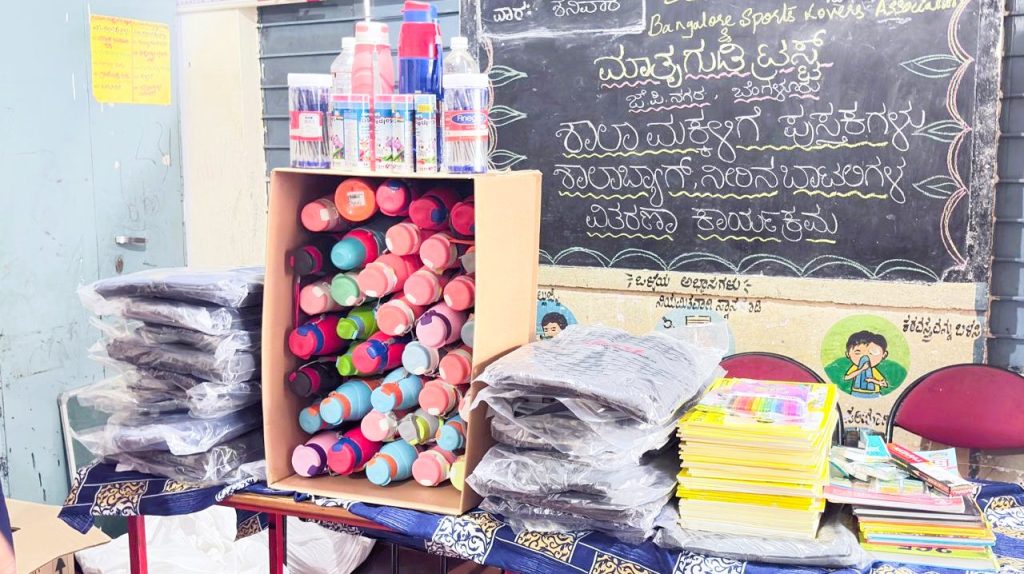
Food Support from Private Sources
Another major concern flagged was the lack of government-provided mid-day meals. Sengupta pointed out that food is currently being supplied by the ISKCON temple, raising questions about the government’s responsibility in ensuring nutritional support for children.
“If a private institution can provide food, why not the state government?” Sengupta asked.
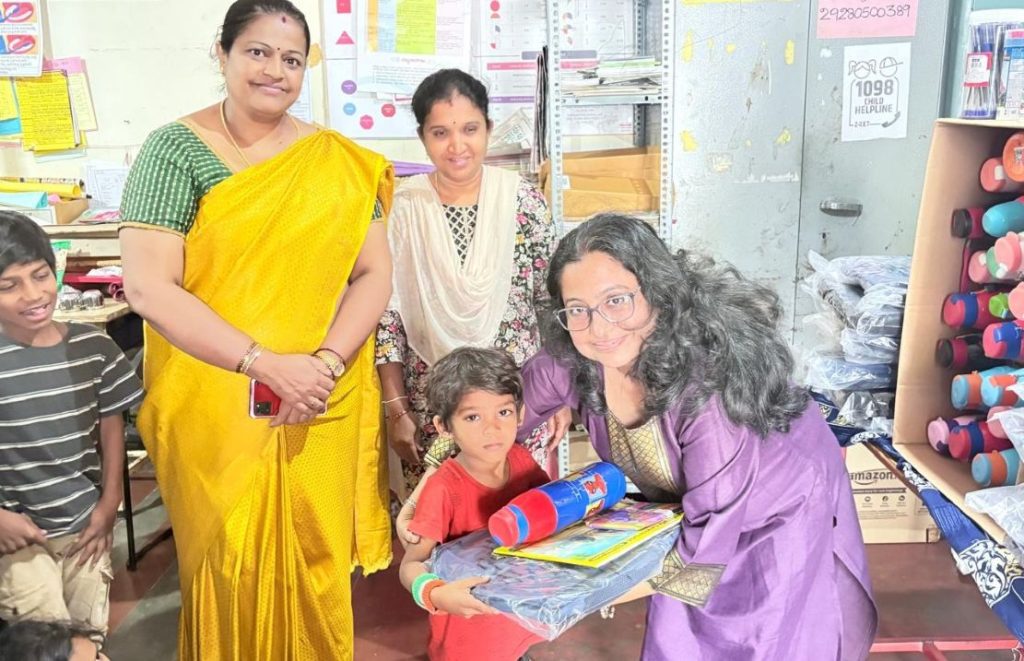
Media Updates: +91-93531 21474 [WhatsApp] | indianowme@gmail.com
Call for Community Responsibility
Beyond state accountability, Sengupta also urged local residents to show greater interest in the education of their children.
“Parents here are working hard as daily wage earners, but that cannot mean education takes a back seat. Society as a whole must ensure that every child gets a fair chance,” she said.
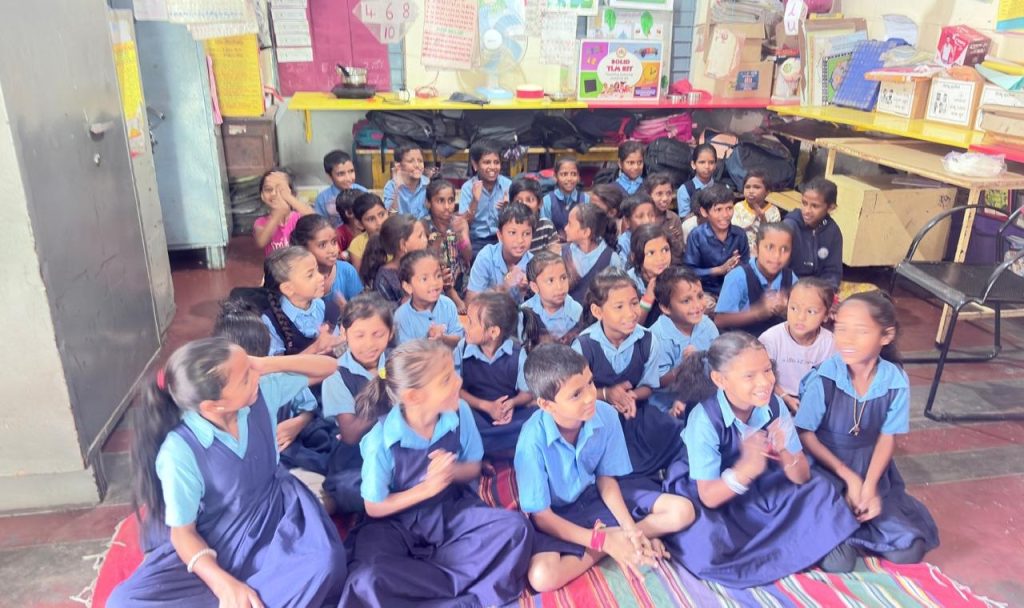
Slum Schools on the Margins
The GLPS Kunthigrama in Hebbal is one of many schools in Bengaluru’s slum areas struggling with inadequate infrastructure, overcrowding, and lack of resources. Rights activists argue that while urban schools often receive attention, institutions serving marginalized communities are left behind.
Sengupta’s intervention, though small in scale, highlights a larger question: Are government schools in Karnataka being equipped to provide even the most basic educational environment to children from disadvantaged backgrounds?
🔹 Key Quotes
-
“In a single room, Classes 1 to 5 are being conducted together. Why is our education minister unable to provide even one more classroom?” – Payel Sengupta
-
“If a private institution like ISKCON can provide food, why not the state government?” – Payel Sengupta
-
“Parents here are working hard as daily wage earners, but that cannot mean education takes a back seat.” – Payel Sengupta
-
“Society as a whole must ensure that every child, no matter where they are born, gets a fair chance at education.” – Payel Sengupta
![]()

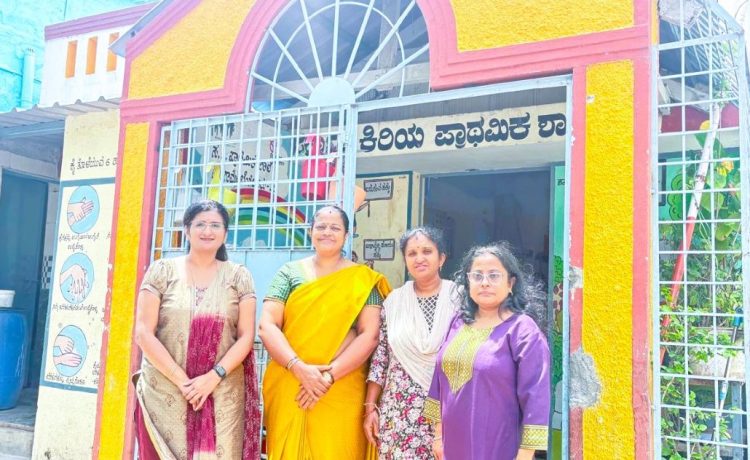
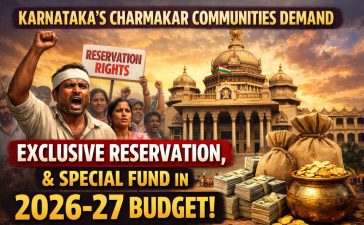
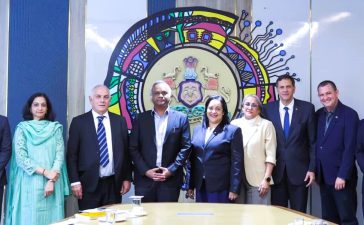
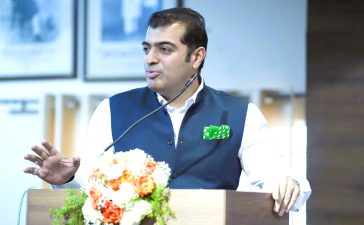







We pay tax for each and everything , why our generation next have to suffer?